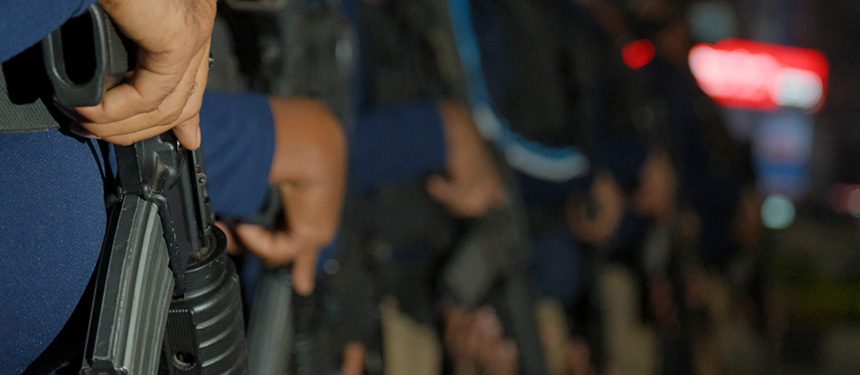What’s happening: Ongoing unrest in Bangladesh

Student-led protests against the government’s plan to reinstate a job quota scheme in public sector and civil service appointments which seemingly benefits veterans have been ongoing since early July, but they escalated into fatal countrywide unrest on 16 July. At least 174 people have died while over 1,500 others have sustained injuries in several clashes since 15 July. Protesters have clashed with the ruling Awami League (AL) party’s student wing, Chhatra League (CL), and the security forces, in urban centres.
Internet and telecommunications services are suspended. The government put in place a curfew and deployed the military, with permission to shoot-on-site, to urban centres on 20 July. Access to local news websites has been restricted since 19 July. The protests, particularly the blockades, have caused significant travel disruption, with heavy traffic jams being reported in Dhaka. Hazrat Shahjalal International Airport (DAC), which serves Dhaka, remains open, but reports indicate that several flights have experienced delays since 16 July because travellers have been unable to reach the airport.
Protestors state they plan to continue protesting
The Supreme Court’s decision to reduce the veterans’ quota has not satisfied the protesters, who are angry with the perceived rise in authoritarianism under Prime Minister Sheikh Hasina and the government’s response to the protesters’ initial demands. Despite the government’s attempts, the current protests grew in strength daily between 15 and 19 July, as perceptions of a heavy-handed security force response further motivated the protesters. Protest activity has eased since 20 July, following the deployment of the military to urban centres, but the protesters have stated that they plan to continue protesting, indicating that the primary grievance has evolved from one driven by quotas to wider anti-government sentiment.
The rapid deterioration and high casualty count are likely due to the size and spread of the protests, which have taken place in most major urban centres, and the willingness of the security forces to use rubber bullets and, on occasion, live ammunition, to try to break up gatherings. It is rare for protests to disrupt flights in Bangladesh, though the disruption is largely owing to the inability of passengers to reach DAC as opposed to operational issues at the airport itself. However, the gatherings have the potential to devolve into riots and that public infrastructure sites are potential targets for the protesters.
Advice to organisations and personnel operating in-country
- Bypass all active protests due to the credible risk of unrest and ensure routes are open before starting travel.
- Monitor developments and defer non-essential inbound travel at least until internet and telecommunications services are restored.
- Continue to consider evacuation owing to the credible risk of further disruptive countrywide unrest in the near term.


